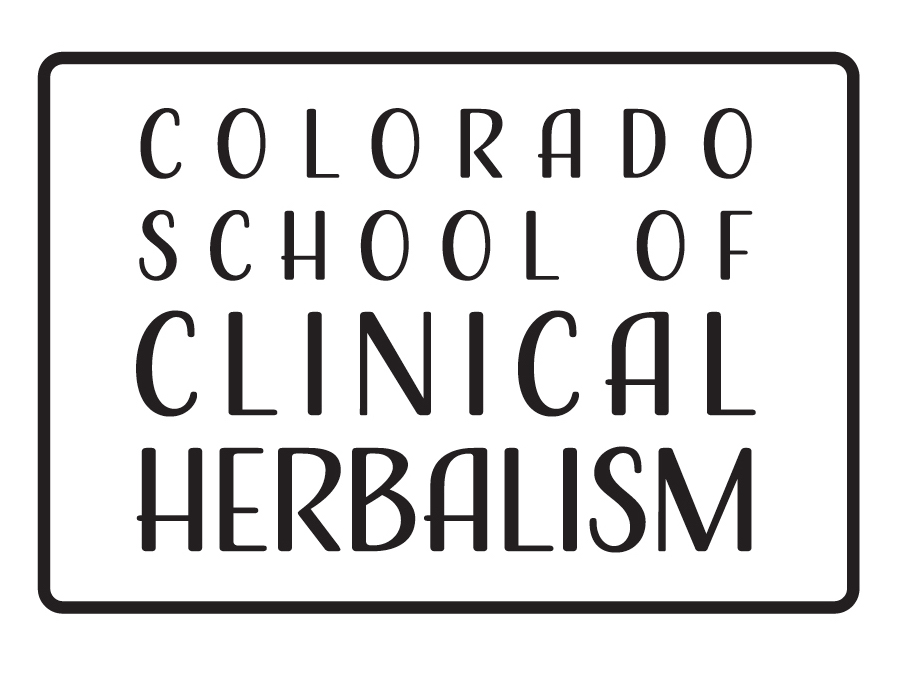 Katherine Buethe, Certified Herbalist
Katherine Buethe, Certified Herbalist
Experimenting and learning basic methods of extracting a plant hydrosol right in your own kitchen can help you determine if steam distillation is an art in which you want to invest. Sometimes, in essential oil extraction, the desired quality or yield is not achieved and experimenting with common kitchen tools can help you to side with gratitude for the process and the knowledge that you gain, and without incurring much expense. Baro Urbigerus, in his 1690 work Circulation Minus: Philosophical Elixir of Vegetables, explains this succinctly: “that the failure of separation of the mark from the menstruum is an evident sign that you have failed in the true knowledge of the vegetable spirit.”
Oils and plant extracts have been a part of civilization since the beginning of recorded time. Recent archaeological findings indicate that Olives were turned into Olive oil by 6000 BC in Galilee and 4500 BC in present-day Palestine; this carbon-dated time period is determined to be about 8,000 years ago! Oils have been used medicinally to kill bacteria, fungi and viruses and to alleviate bug and snake bites since the beginnings of civilization. There are many stories throughout history that mention the use of plant oils, including over 200 Biblical references of infused oils.
Over the last two decades essential oils and hydrosols have been used extensively in soaps, perfumes, cosmetics, skin care products and cleaning agents. Aromatherapy is a disciplined practice that uses essential oils to balance mood, lift the spirit, dispel negative emotions, alleviate headache, clear the sinuses, soothe sore muscles and even to create a romantic atmosphere.
Studies of ancient hieroglyphics and assigned mathematical equivalents breathe life into a legend which suggests the Egyptians regarded the sense of smell to be their most important sensory input. The legend has evolved to a beautiful story that the Egyptians regarded all sensory ability to be a connection to the spirit, just as food consumption was considered to be a physical connection to the body.
Mark Stavish eloquently translates ancient alchemical writings when he explains: In the plant kingdom, the physical body of the plant itself is the salt, its essential oil is the soul, hydrosol is spirit, and the water (or alcohol) is the mercury or life force. In applying these concepts to steam distillation, I find I can understand the vitality and connectedness of the plant, the oil, the hydrosol, and ultimately the recipient. Thoughtful awareness and the realization that the separation of a plant for its soul is an intelligence that we cannot fully comprehend. Performing distillation as an art develops the patience and skill that ultimately leads to a better understanding of this sacred principle.
References:
Circulation Minus: Philosophical Elixir of Vegetables 1689, 1690; Baro Urbigerus.
Ruth Schuster (December 17, 2014). “8,000-year old olive oil found in Galilee, earliest known in world.” http://www.haaretz.com/jewish/archaeology/.premium-1.632310
Plant Alchemy, Mark Stavish 1996, 2011.
Egyptian hieroglyphics, Eye of Horus, Dr. Dennis William Hauck
